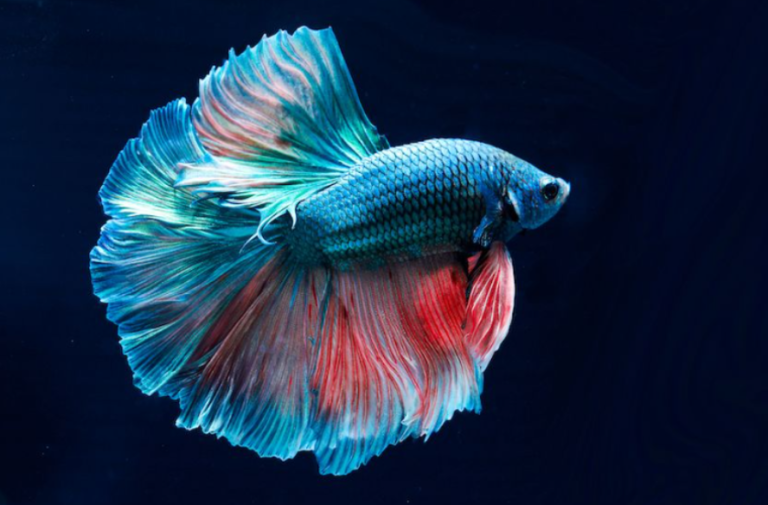Betta fish are a beautiful and lively addition to any home, but they require special care to ensure their health and happiness. Creating the perfect natural home for your betta fish is the best way to ensure their health and well-being. This involves providing them with the right environment, the correct temperature, and the right type of food. It also involves maintaining the water quality and making sure the tank is well-maintained. With a little bit of effort and knowledge, you can provide your betta fish with the perfect natural home. Read on to find out how you can create a healthy and comfortable environment for your betta fish.
How to create the right environment for your betta fish
Betta fish come from warm and tropical areas and are therefore best kept in hot and humid conditions. You can use a thermometer to monitor the water temperature in your tank, making sure it is around 27 degrees Celsius. You can use a thermostat to maintain a consistent temperature in your tank. The water in your tank should be clean and clear and have a neutral pH balance. You can use water conditioners to remove chlorine and other impurities from your tap water.
This will help keep your fish healthy and reduce the risk of disease. You can also use plant life and other decorations to create a natural environment for your betta fish. Betta fish prefer dimmer and shadier conditions, so avoid keeping them in direct sunlight. Avoid using gravel or pebbles as these can cause your fish to become trapped and injured. Instead, use aquatic plants, rocks, driftwood and sand. This will provide your fish with shade, comfort, and security.
Temperature requirements for betta fish
Betta fish are tropical fish and thrive in warm and humid environments. To ensure the well-being of your fish, you should monitor the water temperature and make sure it stays between 22 and 28 degrees Celsius. You can also use a thermometer to track the temperature in each part of the tank.
You can also use a heater to maintain a consistent water temperature. Heaters are most useful for outdoor tanks or in areas where the temperature changes frequently. However, you should note that bettas are tropical fish and do not require heaters. You should avoid keeping your fish in heated environments.
Importance of maintaining water quality
Betta fish are very susceptible to changes in water quality. Polluted or dirty water can become toxic to your fish, leading to diseases and even death. You can prevent this by changing your betta fish’s water once a week, keeping your tank clean, and using appropriate water filtration systems. The best way to keep your tank clean is to remove waste and change the water regularly.
You should also clean the inside of your tank regularly to prevent bacteria build-up. You can clean your tank in a variety of ways – by rinsing it out, using a gravel cleaner, or even blasting the tank with water. You should also keep your tank at a neutral pH level to prevent harmful bacteria growth.
You can also use appropriate water filtration systems to keep your tank clean. Water filters are a great way to remove impurities from your tank water and prevent bacterial build-up. You can also use chemical water treatments to remove impurities from your water and prevent bacterial growth.
How often should the tank be cleaned?
You should clean your tank at least once every two weeks. It is best to do this when you change your betta fish’s water. You should also do a thorough clean once a month, emptying the tank and cleaning every nook and cranny. You can use a variety of cleaning products, from soap and water to aquarium sand/gravel cleaners.
It is best to clean your tank when it is empty since you will be able to reach all areas more easily. You can clean your tank by rinsing it out, blasting it with water, or using appropriate cleaning products. You should also clean the inside of your tank, removing any build-up and bacteria.
Potential health risks for betta fish
Betta fish are beautiful and lively creatures, but they can be susceptible to a variety of diseases. You can avoid this by providing your fish with the right environment, clean water, and appropriate food. You should also keep an eye out for any potential health issues. If you notice any unusual behaviour or signs of disease, you should seek veterinary advice as soon as possible.
Betta fish are particularly susceptible to infections and diseases that are caused by poor water quality. You should monitor the condition of your water and take appropriate steps to keep it clean and bacteria-free. You should also avoid keeping your fish in heated environments and make sure they have access to a shaded space when necessary.

